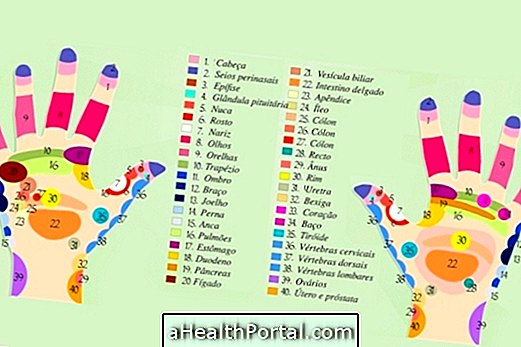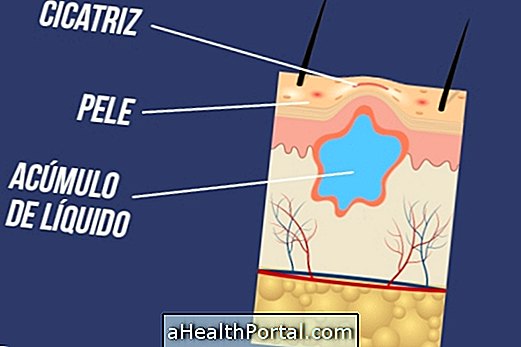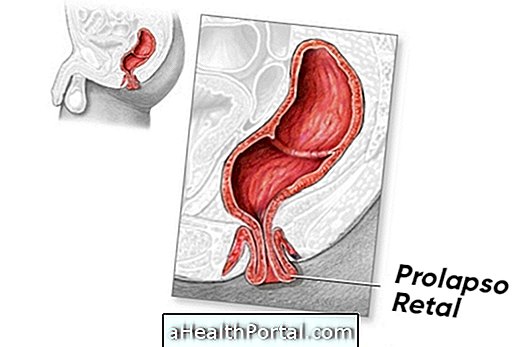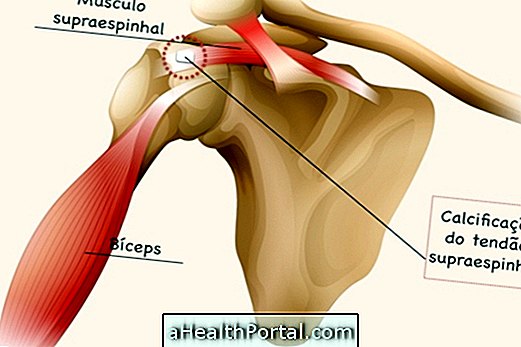Collagen is a protein that can be found in the skin, tissues and bones and is responsible for giving structure, firmness and elasticity to the skin. In addition, it is also very important to maintain the integrity of muscles, ligaments, tendons and joints. Collagen can also be found in foods like meat and gelatin or food supplements in capsules or sachets. In the cosmetic industry, collagen can also be used in moisturizing creams to mitigate the aging of the skin.
Collagen supplements can be taken in two different forms, in the form of collagen type 1 and collagen type 2. Both types have different forms and doses to be taken and different purposes and are therefore considered different supplements.
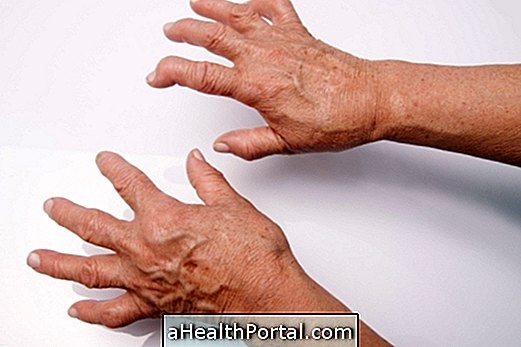
What is Type 1 Collagen for?
Collagen type 1, or hydrolyzed collagen, is a protein extracted from the bone and cartilage of animals, such as cattle and chickens, resulting from the breakdown of protein molecules into smaller particles. This type of collagen, due to its size, is best absorbed in the intestine and is used for:
- Improve skin firmness;
- Strengthen joints;
- Strengthen nails and hair;
- Improve the treatment of osteoporosis;
- Improve blood pressure;
- Prevent gastric ulcers.
The recommended dose is about 10 g per day, and should be taken with meals, ideally associated with vitamin C, since this vitamin potentiates the effects of collagen in the body. Thus, it is advisable to take the collagen along with a source of vitamin C, such as lemon or orange juice for example, in order to improve its effectiveness. Some collagen supplements already include vitamin C in their constitution, such as hydrolyzed collagen from Sanavita or Cartigen C.
You can also make a diet rich in collagen, eating foods like red meat, white or gelatin, for example. See more collagen-rich foods.
What is Type 2 Collagen for?
Collagen type 2, or undenatured collagen, is the major component present in cartilage. It is manufactured from a non-enzymatic process, at lower temperatures so as not to hydrolyze the molecule, thus ensuring the integrity of the protein, unlike what happens in type 1 collagen.
This type of collagen is indicated when in diseases like:
- Osteoarthritis of autoimmune origin;
- Rheumatoid arthritis.
In these diseases, the body itself recognizes the collagen that is in the joints as a foreign protein and produces enzymes that destroy cartilage, and as a consequence, the symptoms of these diseases arise. Learn more about how to identify these diseases.
Thus, one of the ways to help the body replace collagen lost in the cartilage and relieve symptoms is the use of collagen type 2, which prevents cartilage destruction by the immune system, reducing inflammation in cases of osteoarthritis and rheumatism and improving joint health.
This type of collagen is taken at a lower dose than type 1 collagen, approximately 40 mg once daily, ideally fasted.





